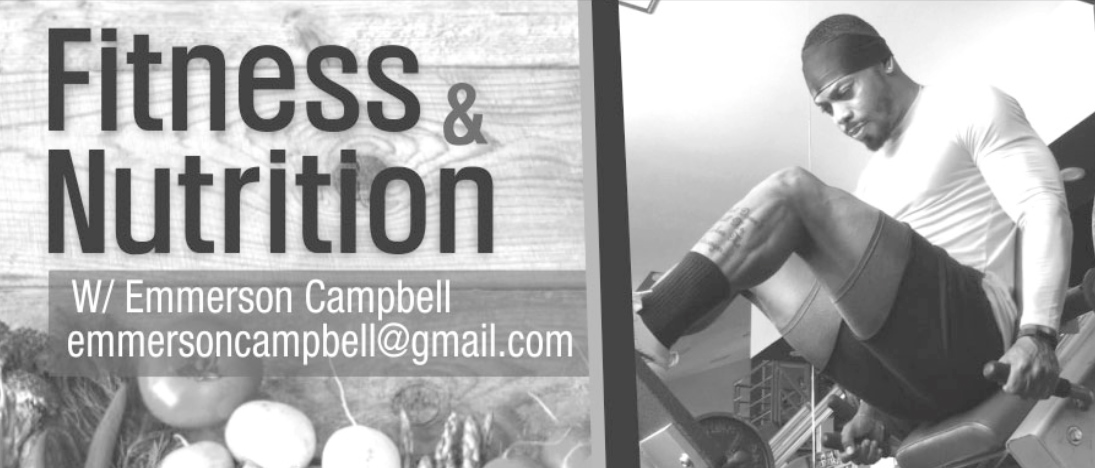Most regular gym goers, including myself, typically work out for 45 minutes to an hour, three to four days a week. However, I have noticed that some people spend hours at a time in the gym. So, does your workout length matter? How long do you need to train each session to see results? The answers may surprise you.
How long should a workout last?
Unfortunately, there’s no one-size-fits-all answer to this question. Your ideal workout length, as well as how frequently you should train, will depend on a number of factors, including:
● Training experience
● Goals
● Age
● Time available for training
● Training approach – for example, straight sets vs supersets, whole-body vs body-part split, upper/lower vs bro split, and the intensity of techniques
● Rest time between sets
● Amount of workout time wasted doing other things like snapping selfies, checking social media, and texting
● How crowded the gym is
Basically, there are simply too many factors involved to give a blanket recommendation. That goes for training programmes in general. Not every programme (or even every exercise) is right for every lifter.
Furthermore, the length of time you work out reflects the quality of your training. For example, two lifters take two hours to complete a workout. Lifter X is an elite powerlifter whose training typically involves heavy lifting. As such, Lifter X requires long rest periods in order to regain strength ahead of the next working set. If you’ve ever trained with heavy loads on the deadlift near your one-rep max, you know it can take up to 5-10 minutes to recover fully and feel ready to attempt another heavy set.
Lifter Y is your average lifter who hits the gym three to four times per week just to get fit. Lifter Y also takes 5-10-minute breaks in between sets, talking all the while to friends; mindlessly repping out set after set of curls, but not pushing anywhere near rep max.
While this is a tremendous exaggeration, it makes a point. Just because you’re in the gym for a long time doesn’t mean you’re training hard or that you’re training effectively, let alone efficiently.
The truth is, you should be less concerned with the length of time your workout takes than you are with using that time to work hard and improve from the last workout. That means adding weight to the bar, increasing the number of reps, or decreasing the amount of rest you take between sets, to name a few approaches.
The time to be concerned about the length of your workout is when you have a severe time crunch. In that case, you need to maximize every second you’re in the gym, a situation that calls for techniques like supersets, brief rest periods, and/or circuit training.
Does that mean you can take as long as you’d like to work out, provided you have the time? Of course not.
Everything has a limit and just because you have three hours to train doesn’t mean you should take that long. The main goal when lifting weights is to stimulate (not annihilate) the muscles so they have a reason to adapt and grow bigger and stronger.
Use the rest of your time to recover, relax, work, and spend time with friends and family.









